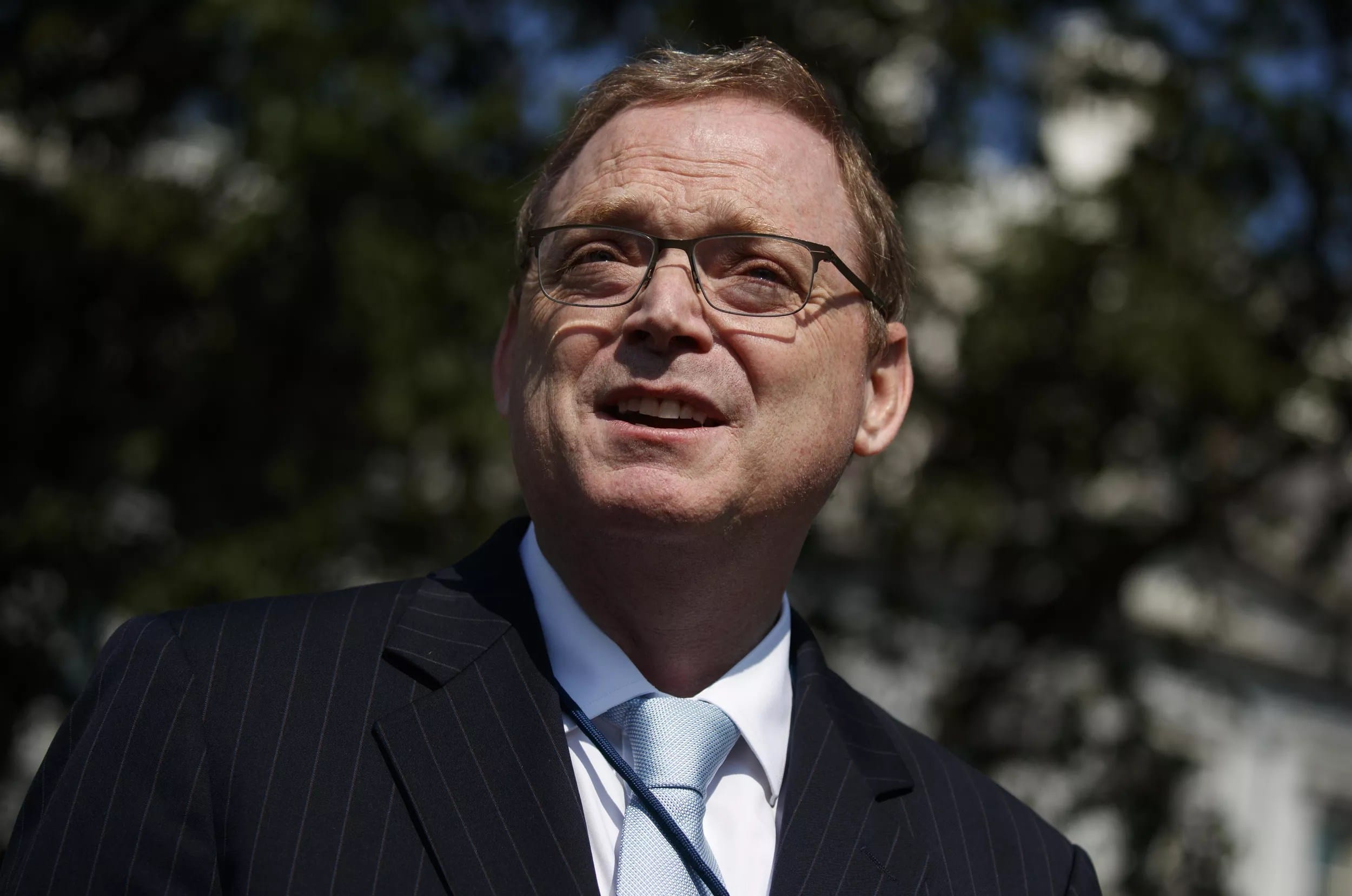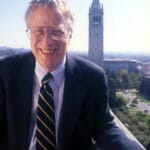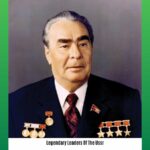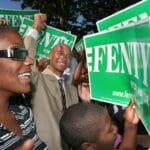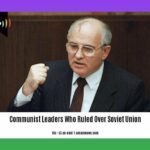Kevin Hassett: From predicting Dow 36,000 to advising President Trump, his economic influence spans decades and continues to shape policy debates. A Distinguished Visiting Fellow at the Hoover Institution, Hassett provides insights on topics ranging from tax policy to climate change, often challenging conventional wisdom. Hassett’s tenure as Chairman of the Council of Economic Advisers under Trump offers a unique perspective on the economic policies and challenges of that era. While known for his free-market advocacy, Hassett’s economic views have sparked debate and controversy, highlighting the complexities of modern economic policy.
Hassett’s Formative Years and Ascent in Economics
Born on March 20, 1962, in Greenfield, Massachusetts, Kevin Hassett embarked on a path that would lead him to the forefront of economic policy. His academic journey began at Swarthmore College, where he earned a Bachelor of Arts in economics. He then pursued a Ph.D. in economics from the University of Pennsylvania, further solidifying his expertise. This rigorous academic foundation likely shaped his analytical approach and provided the groundwork for his future contributions to economic thought. From 1989 to 1994, Hassett served as a professor at Columbia Business School, imparting his knowledge to future business leaders. Concurrently, he gained practical experience as an economist at the Federal Reserve Board from 1992 to 1997, delving into the intricacies of monetary policy.
“Dow 36,000” and the Rise to Prominence
In 1999, Hassett co-authored the book “Dow 36,000,” a bold prediction that catapulted him into the public eye. This forecast, while ultimately not realized within the predicted timeframe, sparked considerable debate and established Hassett as a prominent voice in financial circles. Some lauded his optimism, while others criticized what they perceived as an overly bullish outlook. This early experience may have shaped his later work, highlighting the complexities and inherent uncertainties of economic forecasting. Ongoing research and evolving economic models continue to refine our ability to predict market trends, and Hassett’s early prediction serves as a reminder of the challenges involved.
Navigating the Trump Administration and the Tax Cuts Debate
Hassett’s career reached new heights in 2017 when President Donald Trump appointed him Chairman of the Council of Economic Advisers. In this influential role, he played a key part in shaping the 2017 Tax Cuts and Jobs Act, a landmark piece of legislation that significantly altered the tax code. Hassett became a staunch defender of the tax cuts, arguing that they would stimulate economic growth and job creation. This stance, however, drew criticism from some quarters, with concerns raised about potential increases in the national debt and income inequality. The long-term effects of the tax cuts remain a subject of ongoing economic analysis and debate.
A New Chapter: The Hoover Institution and Beyond
After leaving the Trump administration in 2019, Hassett transitioned to the Hoover Institution at Stanford University, where he currently serves as a Distinguished Visiting Fellow. In this capacity, he continues to engage in research and analysis, contributing to long-term policy discussions. He also holds the position of Managing Director at the Milken Institute, further expanding his reach and influence. One area of particular interest to Hassett is the concept of the “death of curiosity” and its potential impact on economic innovation. This research explores the potential decline in intellectual curiosity and its implications for long-term economic growth.
Economic Philosophy and Key Positions
Hassett is generally regarded as a proponent of free markets and limited government intervention. He advocates for policies that promote economic growth through tax cuts, deregulation, and reduced government spending. He has also expressed skepticism about the severity of climate change and its potential economic consequences, a position that has generated considerable controversy. His views on social justice and income inequality have also been subjects of public discussion and debate. Interestingly, despite his conservative leanings, Hassett has not hesitated to criticize certain aspects of Trump’s economic policies, particularly those related to trade. This willingness to challenge policies within his own political sphere suggests an independent perspective and a commitment to his economic principles. Laura Arrillaga Stanford, a philanthropist, likely holds differing perspectives on government intervention and social justice.
Hassett’s Continuing Influence
While his views remain controversial, Kevin Hassett’s contributions to economic policy and research continue to shape the ongoing dialogue surrounding economic issues. His early market predictions, his role in the Trump administration, and his current research at the Hoover Institution all contribute to his enduring influence on economic discourse. His career serves as a case study in the dynamics of economic thought and policy, prompting critical thinking about the complex factors that shape our financial landscape. It remains to be seen how his work will evolve and what new insights he will offer in the future. Mala Gaonkar‘s expertise in historical analysis could offer a valuable counterpoint to Hassett’s economic projections.
- Unlock Water’s Symbolism: A Cross-Cultural Exploration - April 20, 2025
- Identify Black and White Snakes: Venomous or Harmless? - April 20, 2025
- Unlocking Potential: Origins High School’s NYC Story - April 20, 2025
